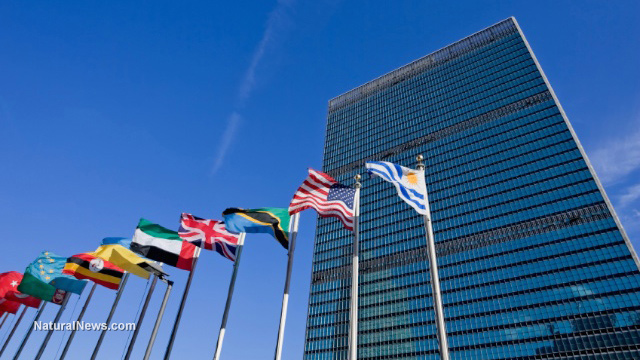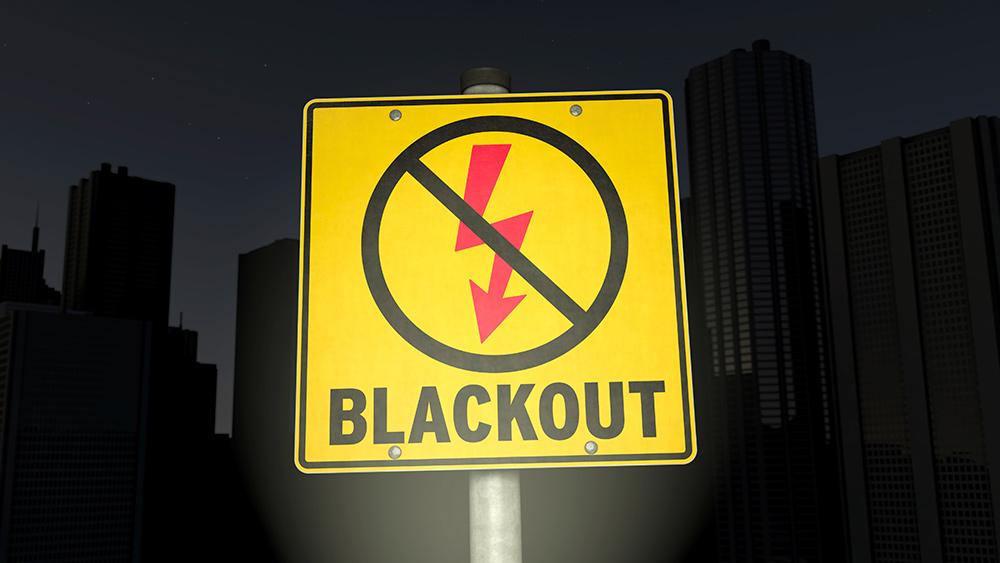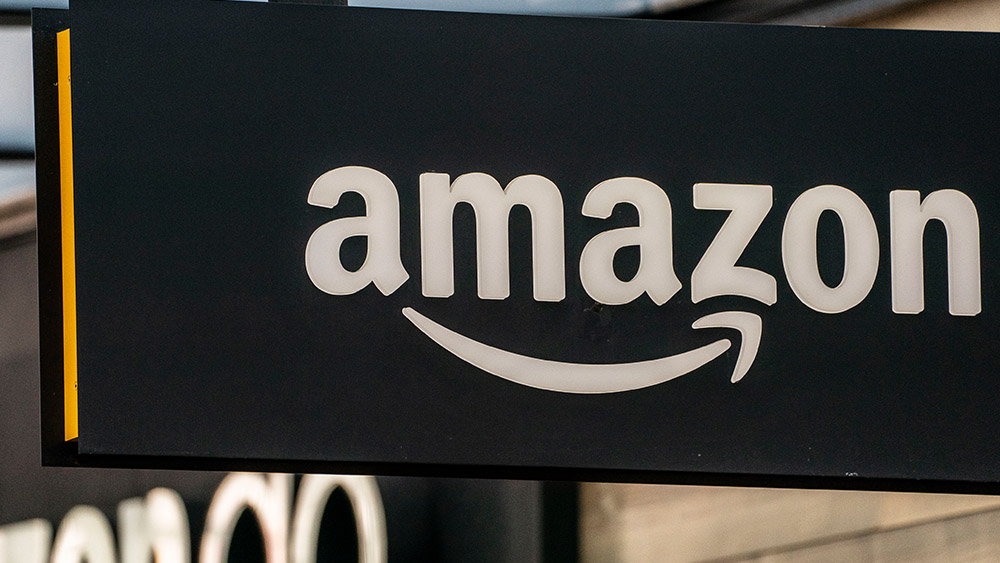Germany threatens the US with "consequences" if Trump doesn't suck up to Ukrainian dictator Zelenskyy and align U.S. with "liberal democracies"
By ljdevon // 2025-02-24
Tweet
Share
Copy

Germany has issued a stern warning to the United States, asserting that Europe will impose consequences if Washington fails to align with “liberal democracies.” This diplomatic rebuke comes amidst growing discord between the U.S. and Europe over Ukraine, trade policies, and differing visions for global leadership. Speaking at a campaign rally, German Foreign Minister Annalena Baerbock demanded that the U.S. stand with Europe's liberal values, threatening unspecified repercussions for noncompliance. The warning exposes a widening rift between two supposed allies, as Europe seeks to assert its influence amid shifting geopolitical dynamics.
Main Points:
• Transatlantic discord: A significant divide has emerged between the U.S. and EU since President Trump’s inauguration, marked by increased tariffs, defense spending demands, and divergent approaches to Ukraine.
• European backlash: U.S. Vice President J.D. Vance’s criticism of Europe’s democratic health sparked widespread outrage, with leaders like Germany’s Olaf Scholz quickly rebuking his remarks.
• Ukraine crisis intensifies: Trump’s dismissal of Ukrainian President Zelensky as illegitimate and his meeting with Vladimir Putin have deepened tensions, drawing sharp criticism from European leaders, who want to isolate Russia from the rest of Europe.
Germany wants U.S. to kowtow to Zelenskyy, support forever war
The deteriorating relationship between the U.S. and Europe has reached a critical juncture. For decades, the transatlantic alliance has been the bedrock of Western security and economic policy. However, under the Trump administration, this partnership seems precariously strained, and for good reason. Baerbock’s recent statements reflect a broader European unease. Her warning to the U.S. is the latest in a series of escalating exchanges. Europe is trying to leverage its economic and political weight to make American policy conform to globalist agendas of the EU. The exclusion of EU representatives from U.S.-Russia talks further inflamed European sensibilities. European leaders viewed the omission as a deliberate snub, heightening concerns about being marginalized in key geopolitical decisions. However, deep down, European leaders only want the United States and Russia to remain isolated, no communication allowed. Europe’s response to Vance’s speech at the Munich Security Conference has been swift and decisive. Leaders across the continent have rallied to defend their democratic credentials, dismissing Vance’s assertions as misguided. Baerbock and other European officials have emphasized their commitment to democratic values, framing Vance’s criticism as an external attack on European sovereignty. This defensive posture, however, obscures internal challenges, such as rising authoritarianism and the erosion of press freedoms. The hypocrisy is striking. European nations often critique the U.S. for democratic shortcomings while quietly pursuing policies that undermine their own values. This double standard has weakened Europe’s moral authority, leaving it vulnerable to a bevy of criticisms, including the fact that European nations worked hand and foot to impose draconian lockdowns and vaccine passports over the past half decade.The source of the isolation and turmoil exposed
While Europe and the U.S. trade barbs, Ukraine bears the brunt of their dysfunction. Could Ukraine be planning to join Europe in an afront to both Russia and the U.S.? Trump’s characterization of Zelensky as a dictator devoid of legitimacy has further exposed the source of isolation that is preventing a peace deal from coming due. Zelenskyy refuses to cooperate with any peace deal, leading his country to further death and destruction. European leaders, however, remain steadfast in their support for Zelensky, insisting his government is both democratic and legitimate, despite Zelensky imposing martial law and canceling elections over the past two and half years. Baerbock warns against brokering a "phony peace" in Ukraine, a scenario she believes would only delay a return to hostilities. Her stance highlights the broader European consensus that the conflict cannot be resolved at Ukraine’s expense. Yet, this united front masks deeper divisions. While some European nations advocate for increased military aid to Ukraine, others seek a quicker resolution, fearing economic backlash. This lack of consensus has stymied effective action, prolonging the crisis and deepening transatlantic discord. Trump’s administration has repudiated many of the tenets of liberal internationalism, opting instead for a transactional approach to international relations. This shift has catalyzed an identity crisis for Europe, forcing it to reevaluate its role in the world. Sources include: RT.com RT.com RT.comTweet
Share
Copy
Tagged Under:
collapse Russia NATO Ukraine national security Trump hypocrisy war EU communication Germany Europe White House crybullies U.S. big government martial law globalism rigged control bias dictatorship left cult isolation diplomacy international relations liberty peace deal illigitimate transatlatic discord
You Might Also Like
Zelensky’s meltdown in the Oval Office (WATCH IN FULL)
By News Editors // Share
German city of Mannheim rocked by deadly vehicle rampage
By Lance D Johnson // Share
Trump’s strategic pause on Ukraine aid sends shockwaves through European leadership
By Finn Heartley // Share
Recent News
Earth-like soil patterns on Mars reveal clues to the planet’s climate history
By willowt // Share
Virologist who endorsed HCQ for COVID-19 appointed to top pandemic post at HHS
By ramontomeydw // Share










